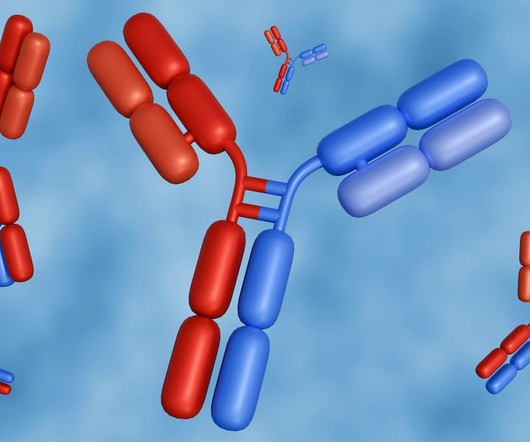The Value of a Medically Integrated Pharmacy to Maximize Cost Avoidance and Reduce Waste of Oral Oncolytic Medications
Pharmacy Times
JUNE 17, 2025
Materials and Methods Oncology-trained nurses review the charts of all specialty oncology medications that are due to be refilled. The nurses have access to the electronic medical record and perform an extensive medical records review of office notes, labs, scans, pathology, and upcoming appointments.












Let's personalize your content